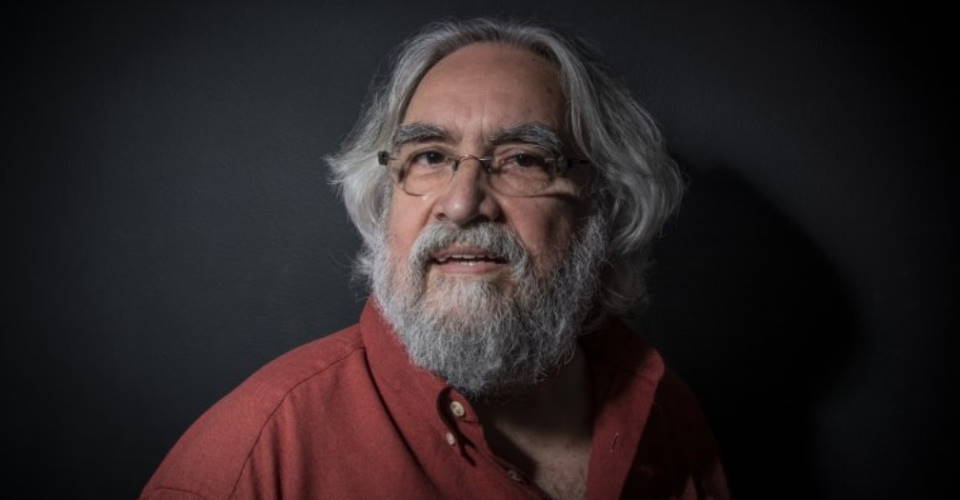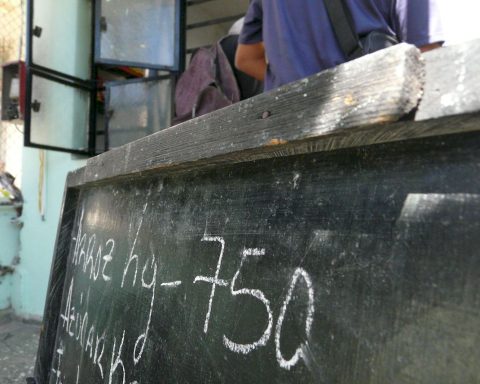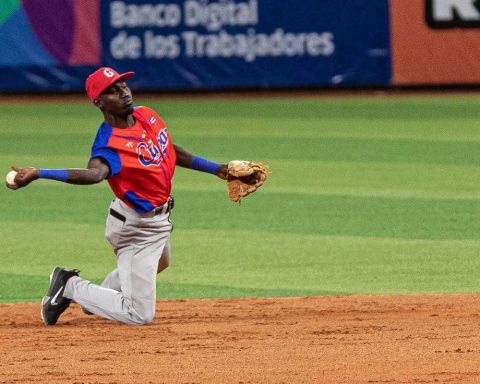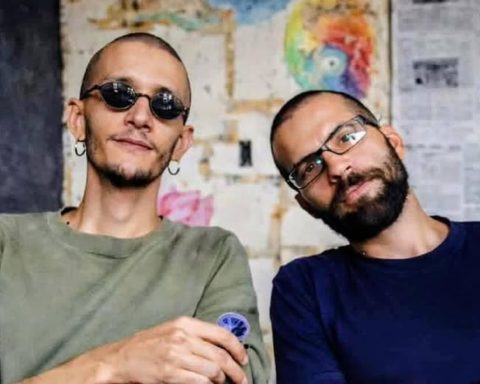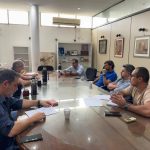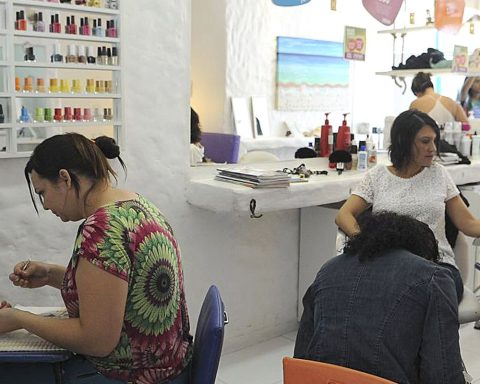Havana Cuba. — Pedro Luis Ferrer, one of the greatest singer-songwriters of Cuba —the fourth leg of the table made up of Silvio, Pablito, Carlos Varela and him—, arrived at the age of 70 on September 17 in Miami, the city where he has lived for several years.
The singer got tired of being ignored and banned in his homeland, where they don’t record records for him, they don’t put his songs on the radio and where he could only sing on friends’ patios and rooftops, never in a theater.
But one doesn’t know if it’s okay to call Pedro Luis Ferrer an exile, because things are the devil, and you never know with someone like Pedro Luis Ferrer, accustomed to marches and counter-marches, and who also in Miami continues to sing in the patios of friends’ houses, and as he was doing lately in Cuba, he avoids the songs explicitly in opposition to the dictatorship that he made in the 90s.
Those songs—and, of course, Oh Butterfly Y Like foam and sandwhich in the 70s was forever inscribed among the best of Cuban music— are the ones I prefer by Pedro Luis Ferrer.
They are the songs that, in the worst moments of the Special Period, penetrated through the windows of my house, in La Víbora. During the hours when they didn’t turn off the lights, my neighbor and friend, the cultural promoter Reinaldo Jaén, listened to the outlaw singer-songwriter’s pirate cassettes at full volume on his tape recorder. Because, by then, Pedro Luis Ferrer no longer sang to the guns of lead and downpour or to the Pijirigua vaquita who, refused artificial insemination, wanted to follow the old way, but instead complained about grandfather Paco, proclaimed that he had a friend palero and another abakuá who were “more men and more friends than others who are not in ná”, sang to a guy who had “delusions of loving men” and demanded that the rule of law come to reign on the Island.
Reinaldo Jaén and my wife at the time were the organizers of the Pedro Luis Ferrer concert in May 1994 at the Palace of Fine Arts, during the Havana Biennial. That allowed me to be in the front row at that concert that seemed reckless, because the audience that packed the room applauded the least political allusion of the singer and sang the forbidden songs, despite the not at all discreet presence of dour confident.
But the years passed, and although he continued to be relegated, Pedro Luis Ferrer reduced the octane of his rebellion and, rather than protesting songs, he preferred to play sones, guarachas, Sancti Spiritus tunes and love songs. And he wanted to convince us that he was not as forbidden as we supposed: he did a concert at the National Theater in 1999, another at Fine Arts in 2009 and, a couple of years ago, Edith Massola invited him to her television program .
The singer made good use of that time of ostracism. He has never acted so much abroad nor recorded so many albums (six), only not for EGREM or Bis Music, but for a foreign record label, North American, to be exact.
While in Cuba, under the post-Fidelista continuity, everything turned into water and salt rather than foam and sand, Pedro Luis Ferrer avoided being a “quarrelsome” and, when interviewed, instead of calling things by their proper name , as expected of a guy like him, spoke of “misguided policies and decisions” and “a bunch of collective errors.”
A few years ago, Pedro Luis Ferrer, who claimed to be against social disobedience, said that by staying within the borders of art and “institutional moderation,” he had found “an unlimited and drinkable margin to express discrepancy.”
He complained about “certain restrictions”, such as the absence of laws that protect public protests, but it was enough for him to have an intelligent speech. For example, to theorize about the impossibility of the sad guaracha, that oxymoron.
But Pedro Luis Ferrer got fed up with unruly conformism with limits, and like so many compatriots, he went elsewhere with his music and settled in Miami.
We talked about marches and countermarches. Most of the artists who live under the rule of Castroism have had them. How not to understand them and excuse them to Pedro Luis Ferrer, a poet of sonnets, tenths and redondillas, guitarist with a capital letter, great Cuban where they exist, encyclopedic in knowledge of our music.
So, may Pedro Luis have many more years to come and hopefully very soon we will have him here again, in a theater and not in a patio, delighting us with his songs, but in freedom.
OPINION ARTICLE
The opinions expressed in this article are the sole responsibility of the issuer and do not necessarily represent the opinion of CubaNet.
Receive information from CubaNet on your cell phone through WhatsApp. Send us a message with the word “CUBA” on the phone +525545038831, You can also subscribe to our electronic newsletter by giving click here.
